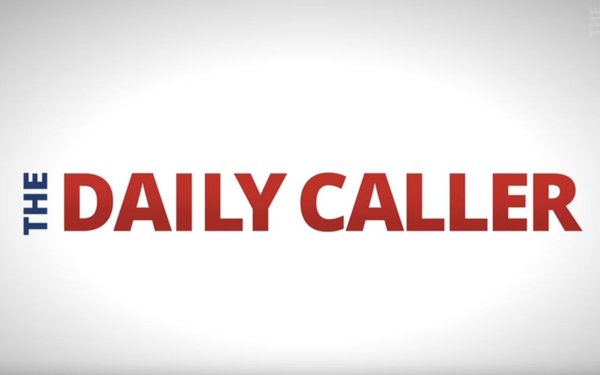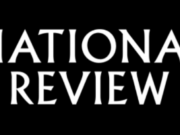This piece originally appeared in The Daily Caller on October 14, 2022.
Online financial giant PayPal jumped on — then quickly jumped off — the bandwagon of companies using “misinformation” concerns to justify punishing speech. But they added a twist. Instead of the typical account suspensions and bans, PayPal decided to make a profit by fining users for promoting ideas they don’t agree with. What a scheme!
Last week, the company rolled out an updated acceptable use policy prohibiting, “the sending, posting, or publication of any messages, content, or materials” that contain “misinformation.” PayPal gave itself authority to snatch $2,500 from an offending user’s account for each violation, which PayPal would have sole discretion to determine.
Policies aimed at “misinformation” are always troubling because one person’s opinion is often another’s misinformation. By appointing itself the sole arbiter of truth with the ability to impose huge fines, PayPal may have crafted the most speech-chilling policy on the internet.
Would claims that COVID-19 leaked from a lab have led to millions of fines in 2020? Would it cost PayPal users $2,500 if they said our economy is in a recession? The answer appears to be “if PayPal feels like it.” Could the company seize the funds of Kennedy assassination skeptics or comedians joking that the moon landing was fake? The answer again appears to be “if PayPal wanted to.”
That the company would continually fine an offending user instead of instituting a ban or suspension raises questions about the policy’s real motivation. The money creates incentive to find misinformation where it doesn’t exist.
PayPal has since backtracked on the misguided policy. A “notice recently went out in error that included incorrect information,” a PayPal spokesperson said. “PayPal is not fining people for misinformation and this language was never intended to be inserted in our policy.”
It’s hard to believe that the language just magically and mistakenly appeared in the updated policy. It seems more likely that the company felt the intense backlash from the update, including news that its stock went down 6%. According to MarketWatch, Google searches for “how to cancel PayPal” and “cancel PayPal account” were trending on the morning of Oct. 10, as well as “delete PayPal account” and “how do I delete a PayPal account.”
Yet few have noticed that PayPal has a similar policy still in effect, uncovered by UCLA law Professor Eugene Volokh. He discovered that PayPal’s current Acceptable Use Policy, last updated September 20, 2021, threatens to fine users $2,500 for other vague speech violations.
As Volokh notes, the policy covers “‘activities that … relate to transactions involving … promotion of’ ‘discriminatory’ ‘intolerance’—presumably including distributing publications, or for that matter buying publications.”
If buying publications calling the police “pigs” or the FBI “corrupt” can land you with hefty fines, generations of Americans will be destitute.
Even criticizing a politician may leave you $2,500 short. Right now, a debate is ongoing over whether criticisms of Pennsylvania Senate candidate John Fetterman are fair or ableist. Fetterman recently had a stroke and the debate revolves around whether that affected his cognition or simply his ability to hear and process language. Imagine the consequences if PayPal weighed in and fined everyone criticizing Fetterman $2,500 on the grounds that they were “discriminatory.”
There’s no way to know in advance, and that makes leaving money in a PayPal account a risky bet.
Free expression is a fundamental American value. This is just the latest example of corporate overlords abusing their vast powers to weaponize political dissent. Even if what PayPal is doing here is not a violation of the First Amendment, it is obviously a violation of the American values of openness, debate, and expression that have allowed the company to grow and thrive in America. And these types of corporate speech abuses are especially worrisome, given emerging evidence of government officials working with tech platforms to suppress speech.
Fortunately, if this PayPal fiasco has taught us anything, it’s that users have some power to fight back against speech-chilling policies even among the biggest tech platforms. The company should consider how it can value free expression. Repealing its policy to fine users for speech would be a great start.














